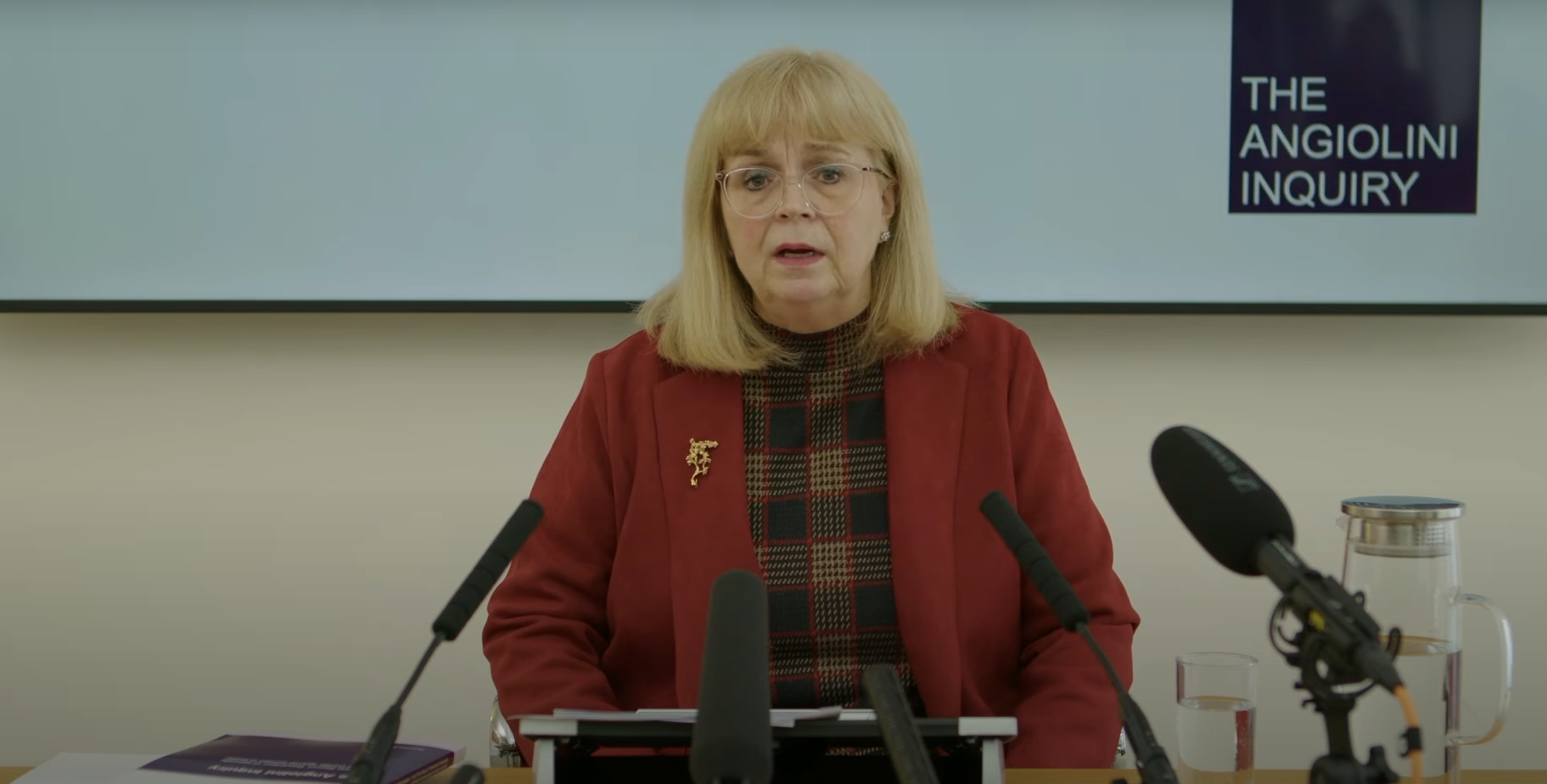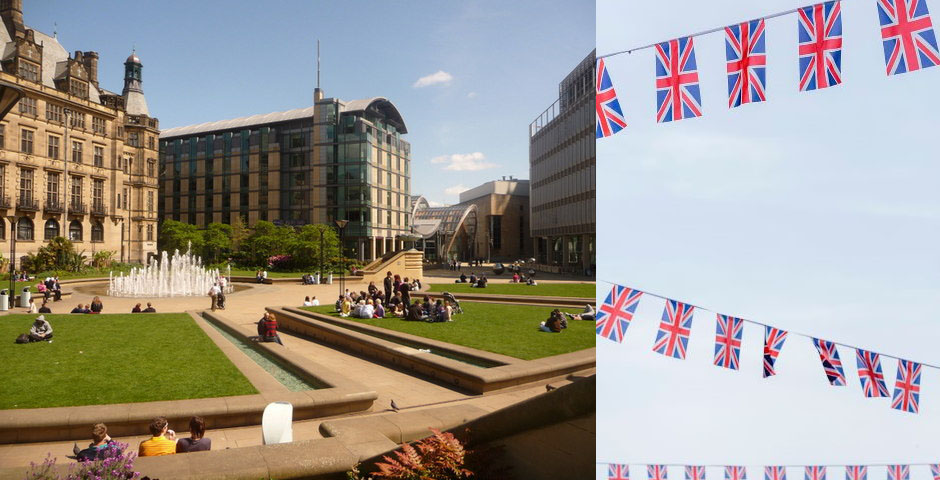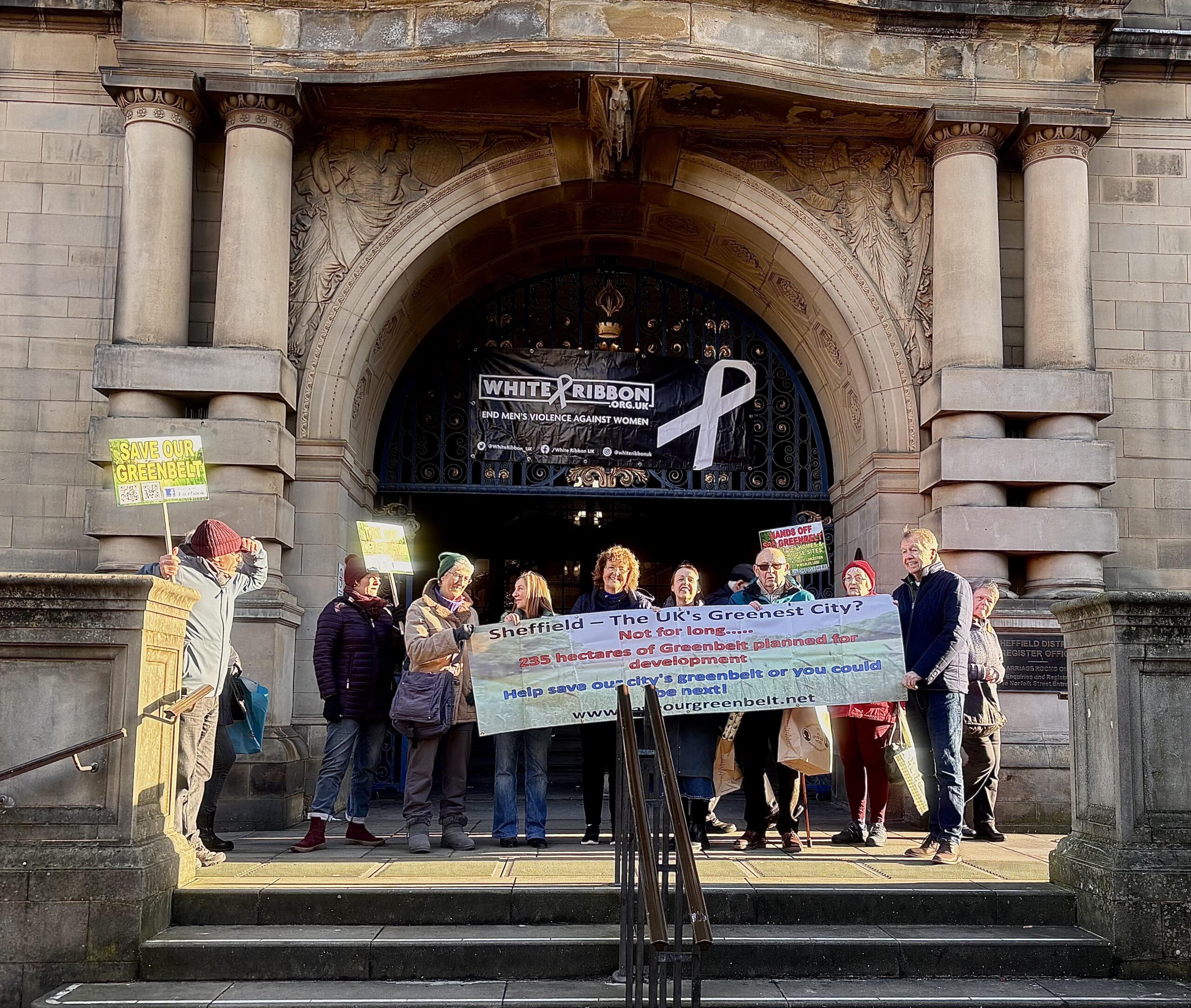Despite cinemas being closed across the world and award ceremonies moving online, the Sheffield Short Film festival has entered into its second year with much of the film industry in crisis.
The festival celebrates short film from the UK to Japan and in languages ranging from German to Persian. It held its inaugural festival last year and attempts to bring short films to the attention of Sheffield audiences.
Tessa Hoffe’s Majority is a film about a single mother and immigrant who is a warden in a sheltered accommodation unit where a resident complains about her.
She said: “The idea really sparked from a mum at my local school. She had just come from a meeting at a sheltered accommodation unit where her grandfather was when a fight broke out, where they were all against a particular resident, and didn’t want the resident there. That kind of started the idea of a small community not liking outsiders and it sort of just grew from there.”
Short films present unique challenges to filmmakers. With limited resources and time to make things work, many people on set do multiple jobs. For example, Majority was shot over a period of two days.
Hoffe said the festival provided a platform from which to grow the audience of the film: “Its so local, and even though I’m not British, its a British film, so people get it here and they see it in their communities.”
Majority is currently available to watch on BBC iPlayer.
Another entry into the festival is Nicky Larkin’s film Abomination, chronicling the creation of the Belfast Ensemble who created an opera from the homophobic statements made by the Democratic Unionist Party (DUP) over the past few decades, coinciding with the legalising of same-sex marriage in Northern Ireland.
The idea behind the opera group formed after a homophobic attack in Belfast in 2008, which led to DUP MP Iris Robinson giving an interview on BBC Ulster in which she condemned the attack but said: “Homosexuality, like all sin, is an abomination.”
Larkin said: “I just thought that this was an incredible story to tell, a historic moment in Northern Irish history and also a fascinating opera. Just a mad idea. So I decided to document it.”
“The LGBT community in Northern Ireland feel persecuted because there is a party in government who fundamentally disagree with their right to exist and routinely come out with the most hateful sort of statements.”
Larkin submitted his film to the Sheffield Film Festival as he was interested in exploring the film world outside of London and he felt it was important to show people in England what was happening in Northern Ireland with a narrative that was away from the standard narrative of The Troubles.
As with other award ceremonies this year, the festival has moved online and is set to be held between the 17th and 23rd May 2021, with tickets being sold for £5. The tickets will allow people to watch any of the films shortlisted for awards and all the industry events.
Awards are given to films in a style similar to awards shows like the BAFTAS; in 2020, awards were given out for the Best UK film, Best International film, and Best Queer Film, among others.
There are over 50 films in the festival waiting to be judged, from award winners to new independent filmmakers trying to get their big break in the industry. The entries are as diverse in format as they are in location, with animations, documentaries, and dramas present in the festival.
The jury is made up of filmmakers and producers such as Nosa Eke, Rob Speranza, Debbie Howard, and Berwyn Rowlands.
Tickets are available here.




